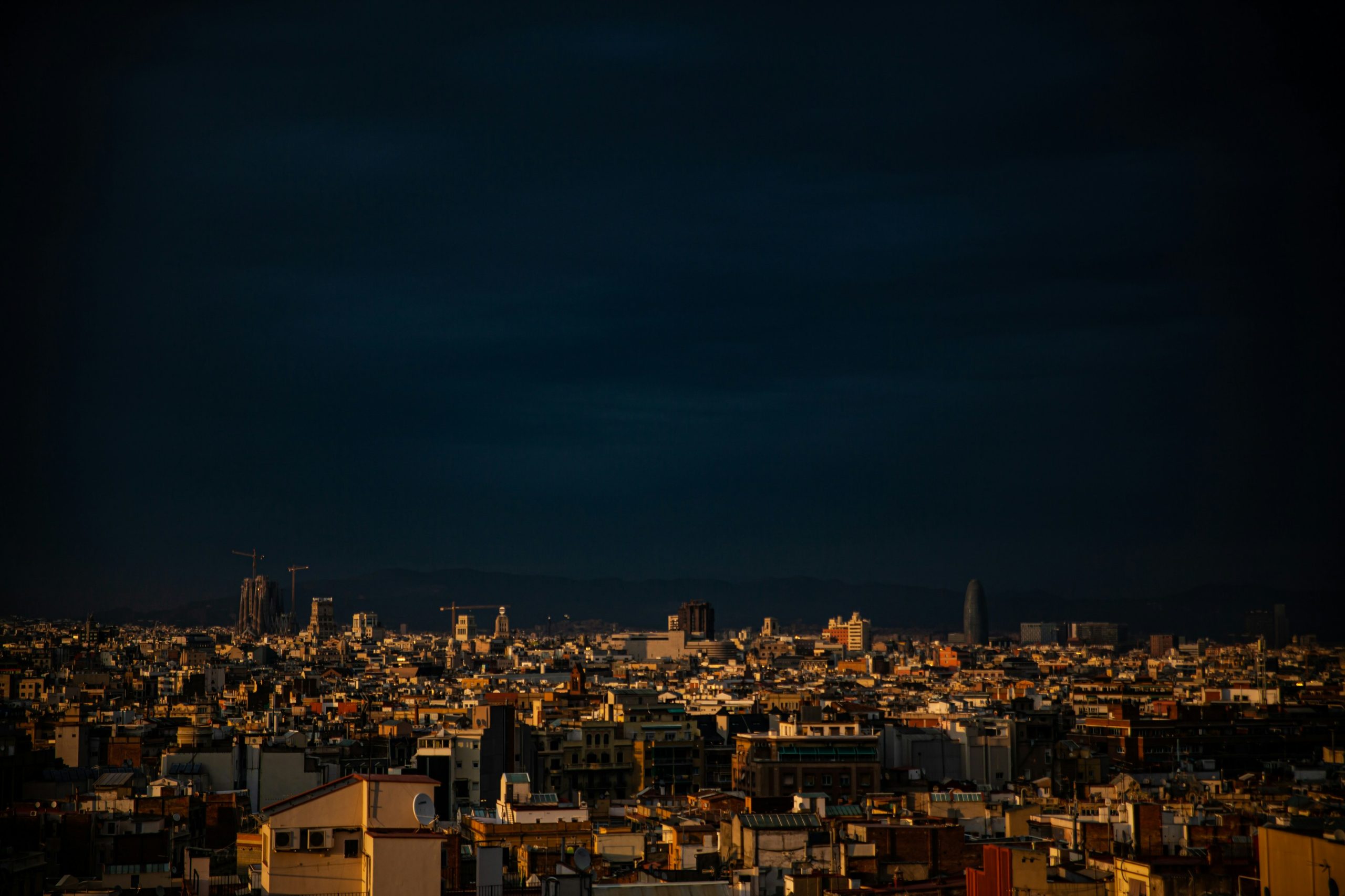David, one of the most well-known figures in our Bible, was blessed beyond even our wildest imaginations. He was raised as a typical Hebrew boy, tending to sheep, sharing family responsibilities, and having no claim to the throne or Israel. Until the day came when he was to become king of Israel, from that moment on, the kingdom had no brighter rising star. Even the king (whom he comforted with his musical talents) became increasingly jealous of his notoriety. The Lord blessed him with a friend whose commitment rivals legend. He married a literal princess. Yet, one day, David failed while walking on his rooftop in the cool of the day. What David had was not “enough,” so he took what was not his.
Of the many heartbreaking realities of David’s failure, one that stings more than others is he knew better. When confronted with a parable by the prophet Nathan, he recognized that the exceedingly rich man had no right nor need to take from the poor man’s possessions. That little ewe lamb was all the poor man had, having raised it like a daughter, feeding it by hand, nursing it in his lap, comforting it in his arms. The rich man took it; “enough” was not enough for the rich man. David knew by the instinct of consciousness and knowledge of the law that the rich man was wrong for what he did and must pay restitution for his theft, fourfold, and then his own life. Then, the ominous words from Nathan, “You are the man.” After all that the LORD had given David, He said (through the prophet Nathan), “And if that had been too little, I also would have given you much more!” (2 Samuel 12:7-8) David knew when “enough” was enough, yet he crossed the line that led to the death of a husband, an innocent, and a cycle of family trauma.
So I ask the question today, on a day when the world remembers the greatest gift, when is “enough” enough?
Have we not also been anointed? Are we not a chosen generation? Is the priesthood for which we serve not holy? Are we a holy people, set aside for a special purpose? Yet, in moments where we forget who we were and where we are, and most importantly, HOW we have come to these blessings, “enough” isn’t enough. So, we take what is not ours.
Yet, by our actions, we “crucify again for [ourselves] the Son of God, and put Him to an open shame.” (Hebrews 6:6)
Wisdom says sin takes you further than you want to go. I don’t believe at that moment on the rooftop that David hoped to see the death of Uriah, or Bathsheba’s yet-to-be-conceived child, or the harm that would befall his other children. Yet, sin took him farther than he wanted to go.
Likewise, I highly doubt that as we stand on the rooftop of our days, looking to what might be, asking, “Is ‘enough’ enough?” we hope to see the Son of God crucified again so that we might take what is not ours.



Comments are closed